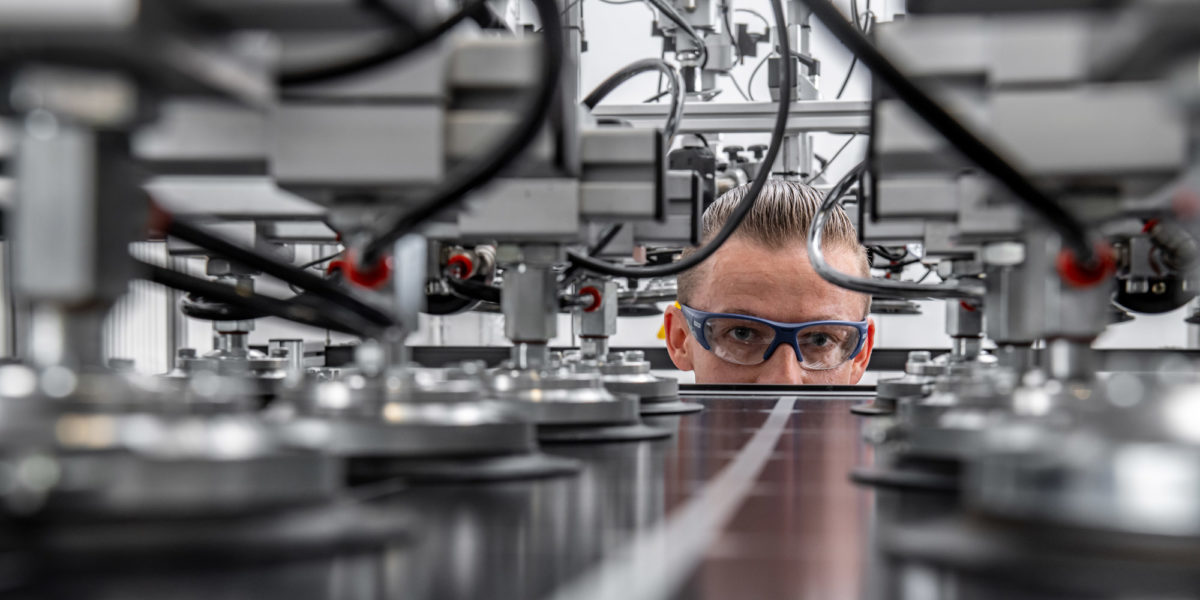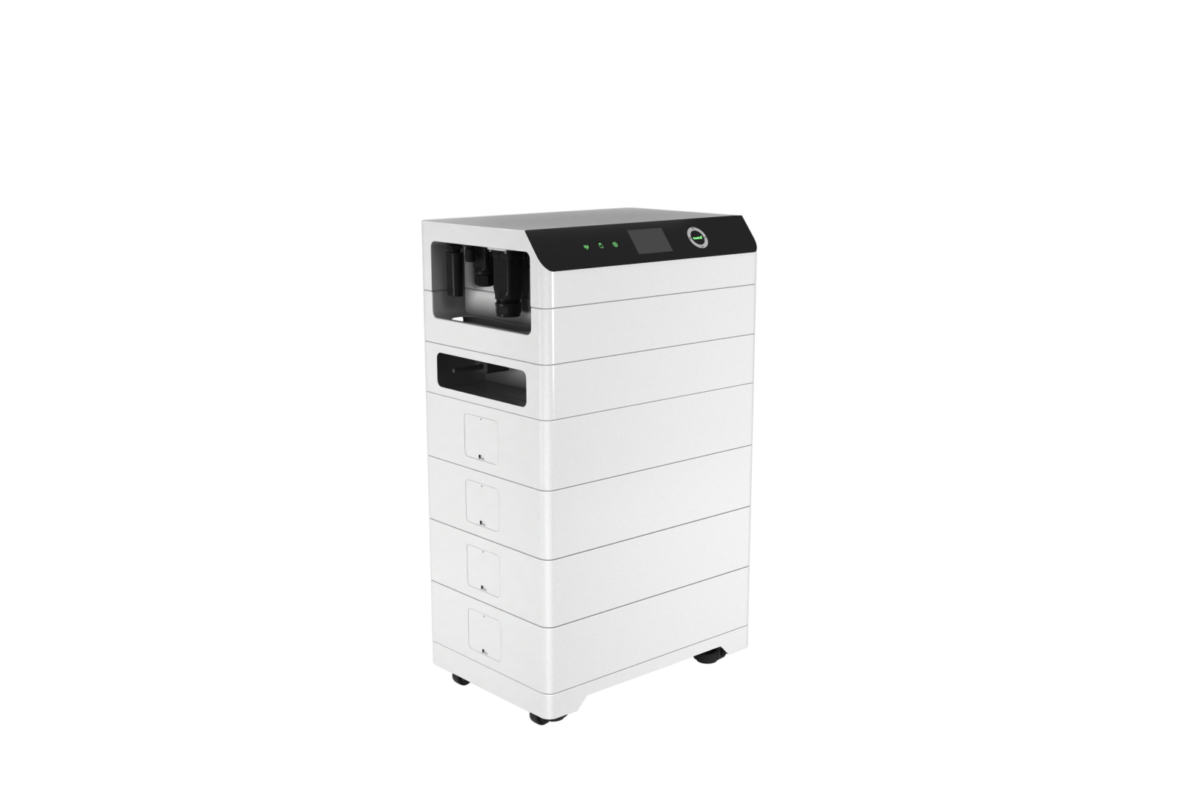From pv magazine USA
D.E. Shaw Renewable Investments (DESRI), one of the largest solar developers in the U.S., has terminated its master purchase agreement with Swiss manufacturer Meyer Burger.
The five-year deal that included purchasing up to 5 GW of solar panels was instrumental in supporting Meyer Burger’s manufacturing facility in Goodyear, Arizona. Meyer Burger expressed concern that, regardless of the outcome of this situation with DESRI, the cancellation raises significant doubts about its ability to continue as a going concern.
The company currently expects that irrespective of the validity of such termination, this is likely to adversely affect its financial restructuring efforts, which are highly advanced. Assuming that such financial restructuring fails, the company may no longer be in a position to maintain its going concern. The company will provide further information in due course.
The contract with DESRI was a cornerstone of the multi-hundred-million-dollar Goodyear facility. The panels were intended to meet demand for U.S.-made solar modules eligible for federal incentives under the Inflation Reduction Act (IRA).
In May, Meyer Burger celebrated the production of its first solar modules at the Arizona factory, followed by an announcement in July that full-scale production was imminent. However, challenges soon emerged.
In August, the Biden Administration raised the solar cell import cap from 5 GW to 12.5 GW, easing restrictions on international supply. Shortly thereafter, Meyer Burger announced the cancellation of its planned solar cell manufacturing facility in Colorado Springs, Colorado, citing market conditions.
The company’s 2023 annual report highlighted the intense competition in the solar panel market, particularly from Chinese manufacturers, whose expansion has driven solar panels below production costs. Despite these challenges, Meyer Burger had pointed to its partnership with DESRI as a stabilizing factor. DESRI was not only a customer but also an investor during the company’s recent capital-raising efforts.
The DESRI agreement was designed to help the solar developer meet the IRA’s Domestic Content requirements, which offer a 10% bonus incentive for projects using U.S.-manufactured components. With Meyer Burger abandoning plans for U.S. solar cell production, it would have been forced to source cells from the open market to meet domestic content criteria.
The deal also highlighted a broader trend of solar developers assuming factory risk to secure reliable, long-term production capacity. For instance, Invenergy partnered with LONGi to establish a manufacturing facility in Ohio, reflecting the industry’s growing reliance on direct investments to guarantee supply.
This content is protected by copyright and may not be reused. If you want to cooperate with us and would like to reuse some of our content, please contact: editors@pv-magazine.com.



By submitting this form you agree to pv magazine using your data for the purposes of publishing your comment.
Your personal data will only be disclosed or otherwise transmitted to third parties for the purposes of spam filtering or if this is necessary for technical maintenance of the website. Any other transfer to third parties will not take place unless this is justified on the basis of applicable data protection regulations or if pv magazine is legally obliged to do so.
You may revoke this consent at any time with effect for the future, in which case your personal data will be deleted immediately. Otherwise, your data will be deleted if pv magazine has processed your request or the purpose of data storage is fulfilled.
Further information on data privacy can be found in our Data Protection Policy.